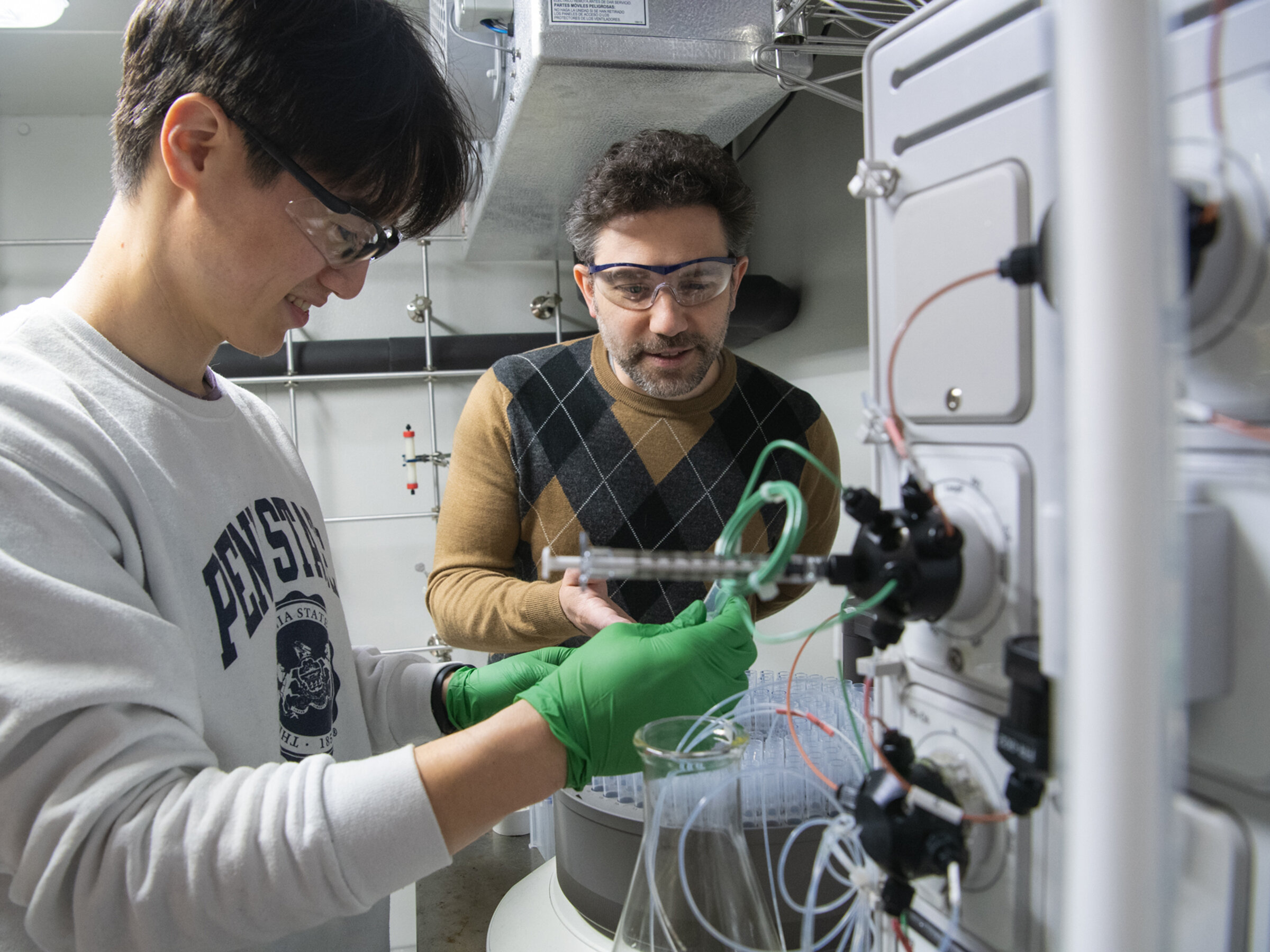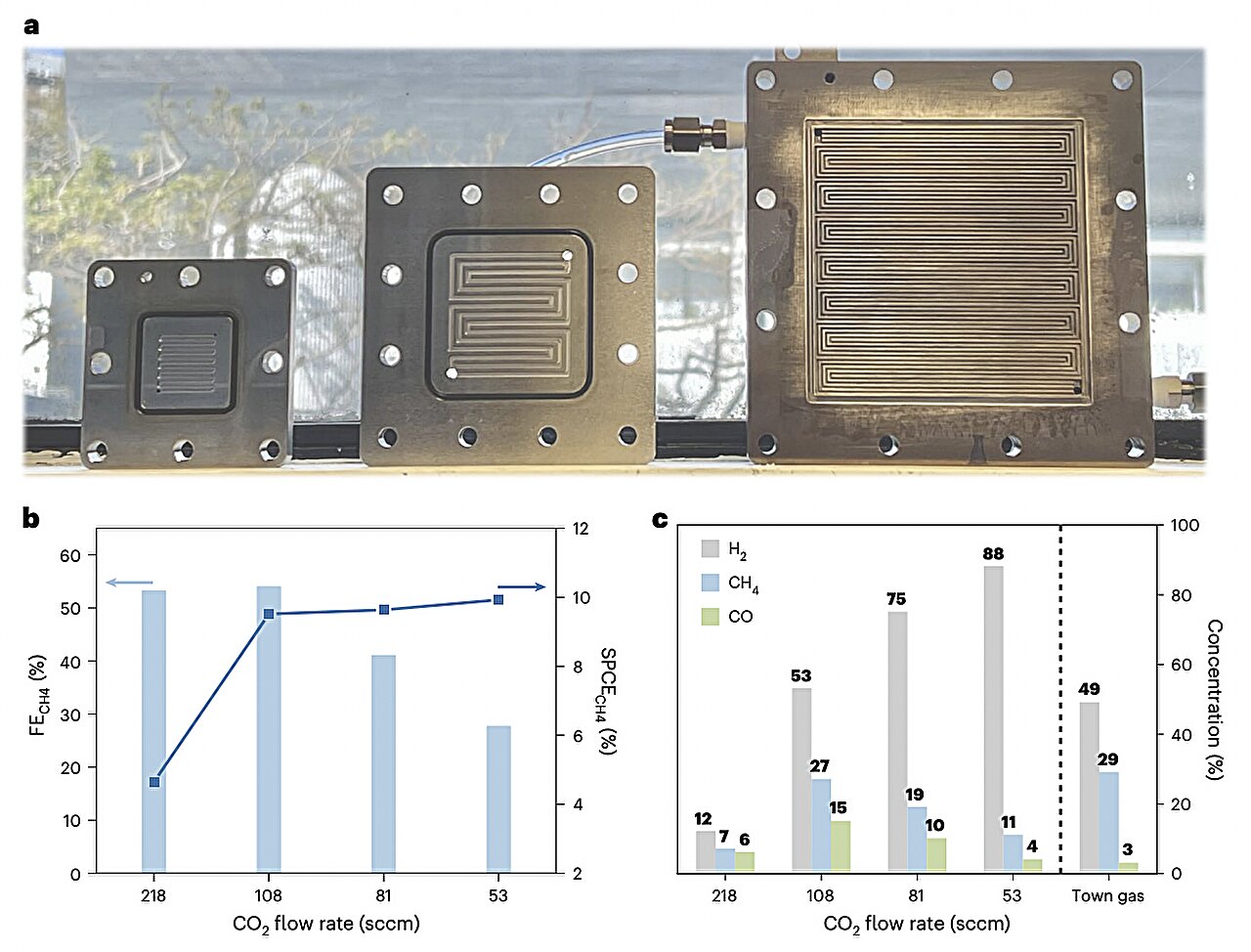New material to make next generation of electronics faster and more efficient
Researchers at the University of Minnesota have achieved a new material that will be pivotal in making the next generation of high-power electronics faster, transparent and more efficient. This artificially designed material allows electrons to move faster while remaining transparent to both visible and ultraviolet light, breaking the previous record. The research, published in Science … Read more



